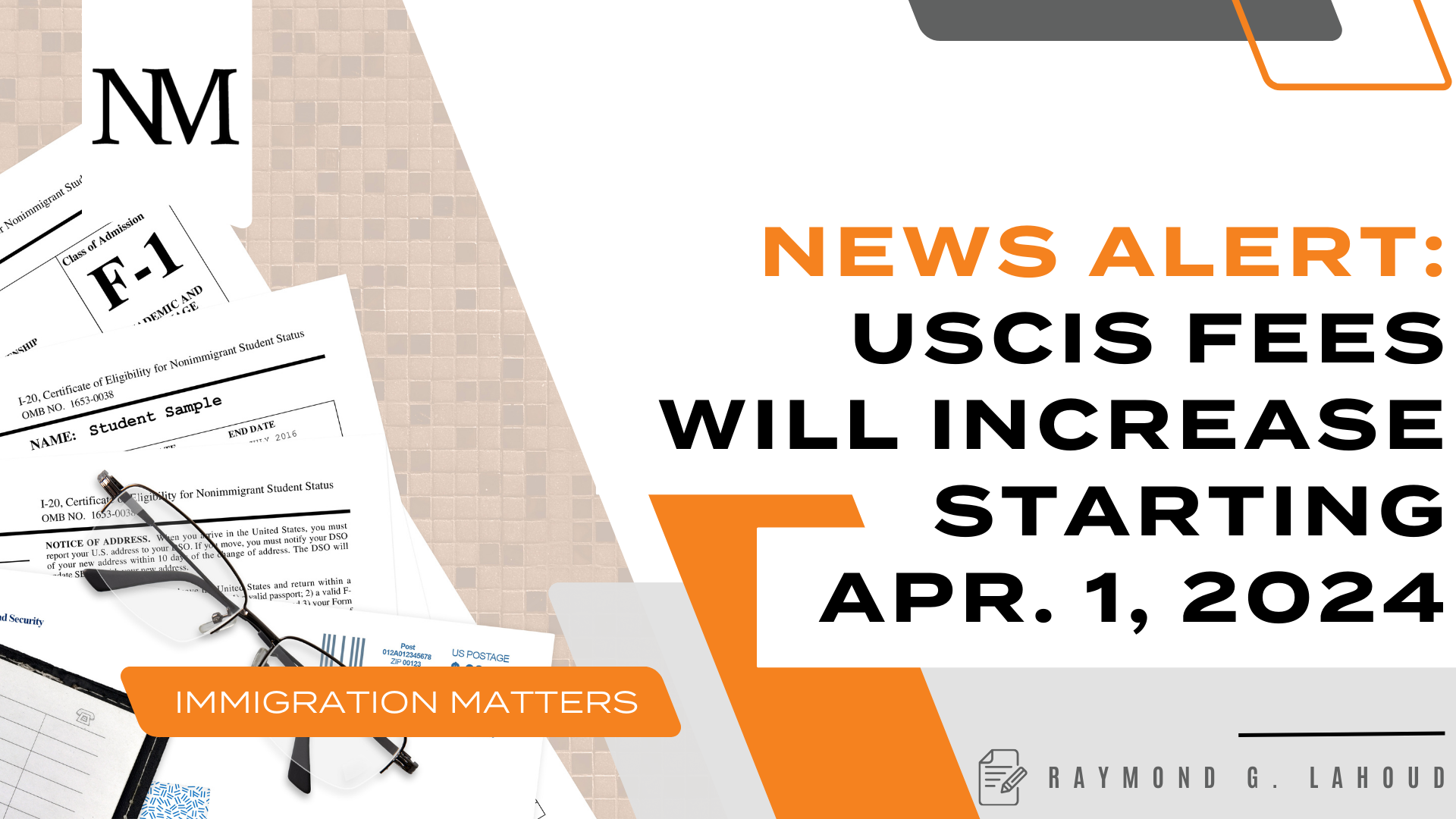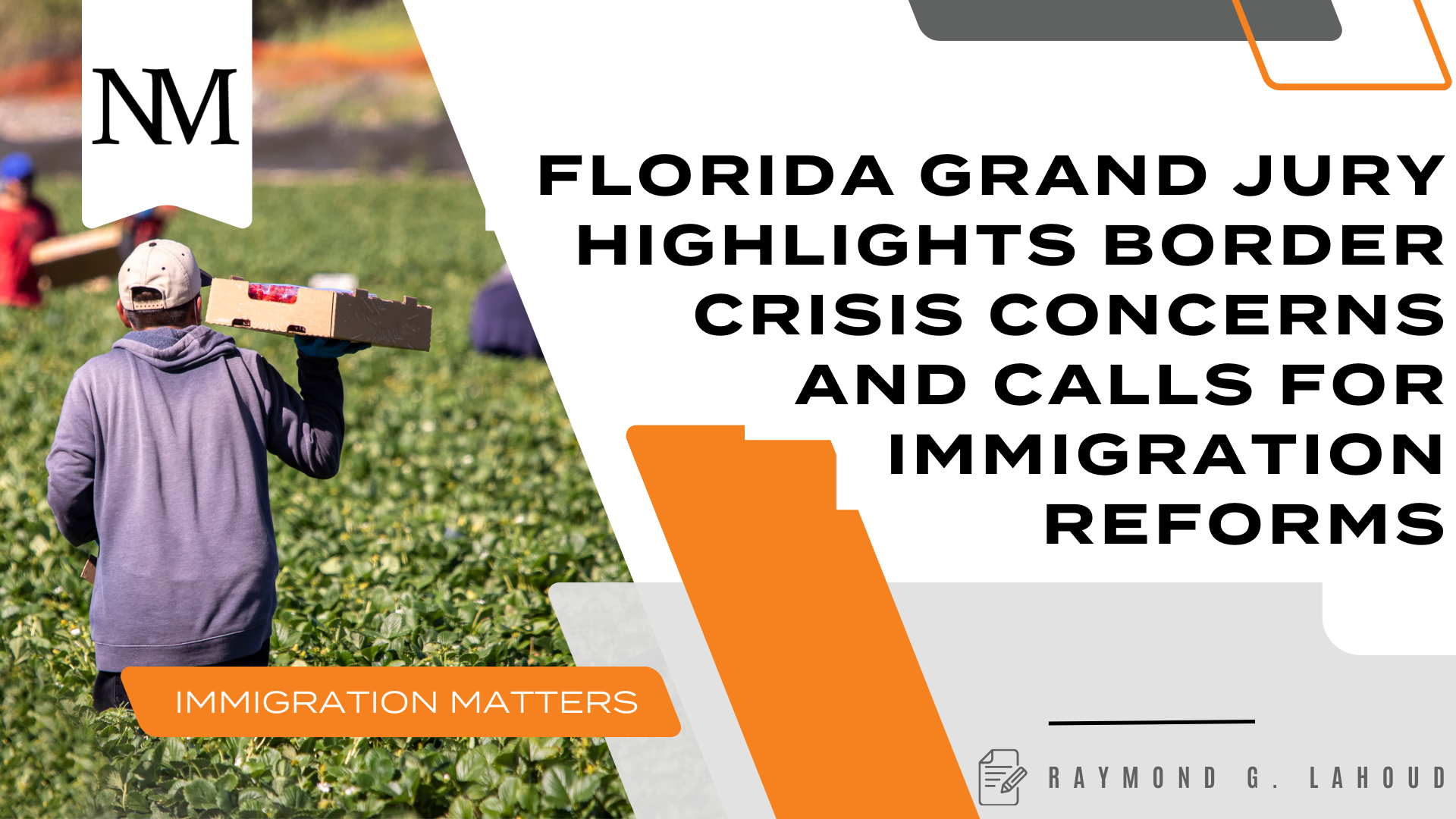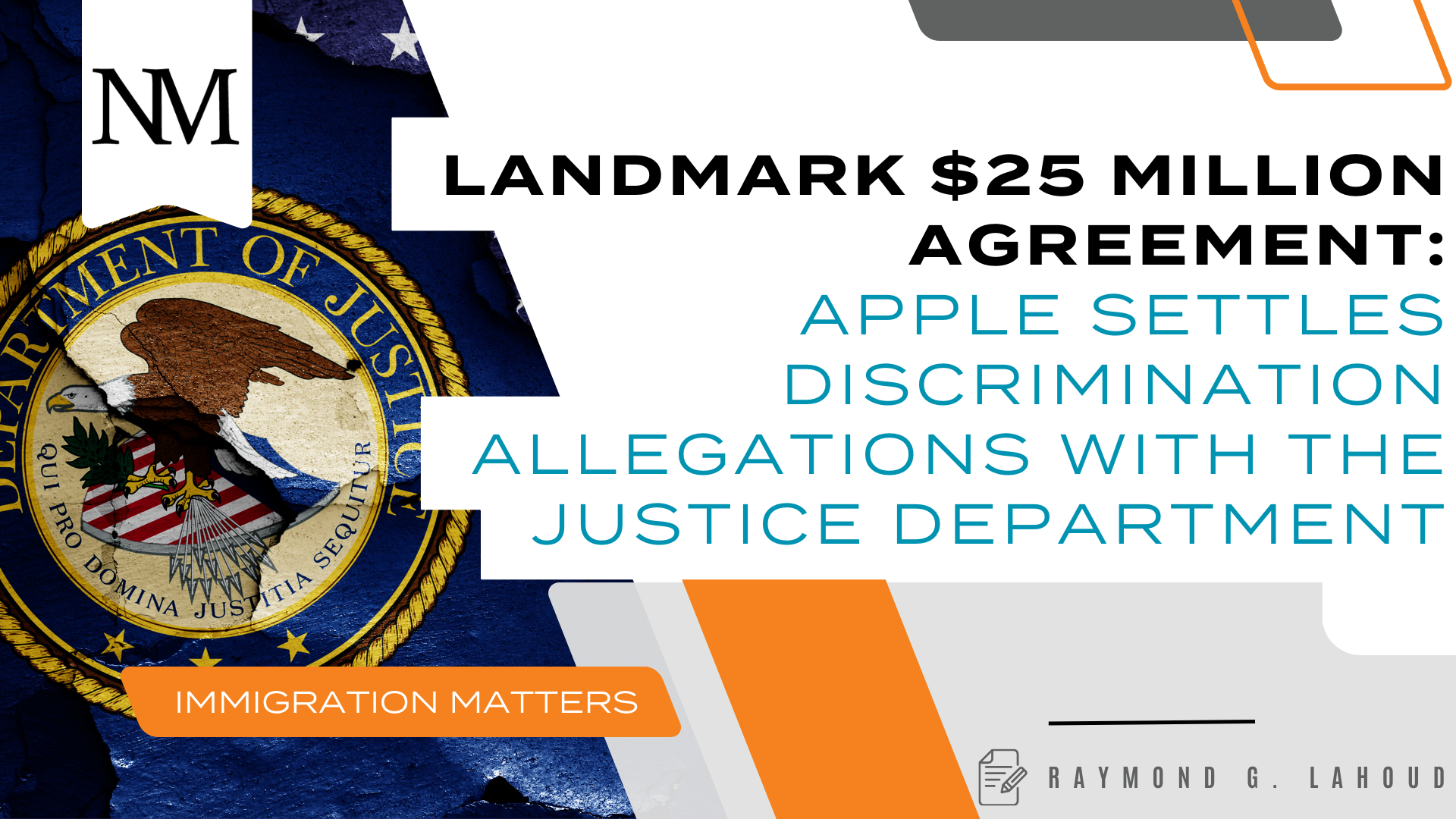Employers Must Remain Immigration Compliant or Face Stiff Penalties, Negative Publicity, and Criminal Penalties

With the Trump Administration’s increase in employer immigration enforcement, businesses of all sizes and in all types of industries must be prepared.
Ensuring a compliant Form I-9 processing system demands that all employers stay current on the changing Form I-9 regulations and increased enforcement. Immigration and Customs Enforcement (ICE) officers are focusing on Pennsylvania and New Jersey employers through collaboration with the Social Security Administration (SSA) in the issuance of No-Match Letters, which are triggering ICE random employer inspections to conduct audits of a company’s Form I-9 records, site inspections for undocumented employees, and demands to review private corporate and employee records after appearing at your business unannounced.
Following SSA’s 2019 decision to reinstate the “No-Match” Letter compliance program and the Trump Administration’s targeted enforcement of immigration laws on employers, reports have shown a dramatic increase in the number Notices of Inspections (NOIs) and ICE employer immigration compliance subpoenas issued across the United States with exponential growth in both Pennsylvania and New Jersey.
What is a “No-Match” letter and Does SSA Share Information with ICE?
A “No-Match” letter is issued to employers by the SSA, which informs the employer of the number of Form W-2s that reported mismatched information, and asked to register with the SSA’s electronic portal to learn which employee was flagged with mismatched information, and to provide corrections, if any, to SSA within 60 days of receipt of the “No-Match” letter.
While providing incorrect information on a Form W-2 typically carries a minimal civil penalty, it appears that SSA is sharing information related to employers who are issued “No-Match” letters, which later trigger ICE immigration compliance actions against the employer.
What Should Employers Do?
As the Norris McLaughlin Immigration Law Blog noted in a 2017 post, “Immigration May Knock at Your Company’s Front Door Soon. What Do You Do?,” “one mistake—however minimal—can have devastating consequences on the employer, not the employee: millions in fines, loss of federal grants and contracts, forced SEC reporting (if a public company that leads a stock to plummet), years in prison.”
In the blog post, I suggested best practices for employers, to prepare for the inevitable ICE employment immigration compliance inspection, including:
1. Retain outside corporate immigration counsel now. Counsel should:
- Immediately perform an audit of all current Form I-9s, human resource records, and current procedures when conducting the federally mandated immigration verifications and identification inspections.
- Prepare Standard Operating Procedures (SOPs) and implement training on immigration compliance matters and for random inspections.
- Be on call, day and night, for each shift of work, should ICE come knocking.
2. Train, verify, keep records, and self-audit.
- Train HR teams about proper immigration verification methods and processes, including the ins and outs of identification, social security, and other employment authorization-related documents.
- Conduct internal, random audits of Form I-9s, as well as the supporting employment authorization-related documents.
- Remember that employers must verify the employment immigration status of all employees, even if the employee claims United States Citizenship.
- Stress the severe financial and criminal penalties that may follow the simplest of errors.
- Or, leave it up to the immigration lawyers. As a corporate immigration practice group, Norris McLaughlin can take the I-9 immigration pressure away by managing all immigration compliance, including ongoing, onsite, and remote Form I-9, identity, and immigration verifications and audits.
3. When ICE comes knocking, be ready.
- Employers have rights - use them. ICE agents have procedures to conduct employer immigration audits, including a three-day notification period prior to the inspection.
- Always have people available on-premises who are trained on how to cooperate without causing alarm and keep ICE agents in a place outside the view of employees and customers. These individuals must know how to reach out to the human resources point person, the corporate legal department, and outside immigration counsel as soon as ICE agents knock.
- Do not be combative or aggressive or cause any unnecessary commotion.
- Do not talk to any ICE agent other than to advise that the corporate immigration attorney is en-route.
- Do not let ICE agents beyond the front door or a room near the front door that is away from employees and customers.
- Do not answer any questions.
- Do not let ICE agents talk to employees without a proper warrant.
- Do not let ICE agents walk through the corporate property without a proper warrant.
- Do not turn over any documents without a subpoena or warrant.
- Wait for your corporate immigration attorney, who will review any ICE agent documents, assert the employer’s rights, demand notices of inspections, and arrange for a deferred inspection to allow the employer a short period to prepare for the audit, including the review of any possible preemptive, self-reporting measures, should the company be lacking in its immigration compliance.
About the Norris McLaughlin Immigration Practice Group
Norris McLaughlin provides a full-service immigration practice whose trained professionals have extensive experience in the field of immigration law. The firm's immigration attorneys are skilled in all types of immigration matters and representation before the nation’s immigration-related agencies, including the Department of Homeland Security, United States Citizenship and Immigration Services (USCIS), Executive Office for Immigration Review, Board of Immigration Appeals, Department of State, United States Embassies and Consulates, Department of Labor, and any other federal agency, whether in the United States or overseas. The immigration attorneys are experienced members of the American Immigration Lawyers Association.
The Norris McLaughlin Immigration Practice is broad in scope, with extensive national and global capabilities, to serve individuals and families; small, mid-size, and large businesses; national and international corporations; non-profits, hospitals, universities, colleges, and research institutions; manufacturers, importers, exporters, investors, and others, to allow for ease in clients’ global mobility.
To learn more about this post or any other immigration matter, please feel free to contact me at rglahoud@norris-law.com.




